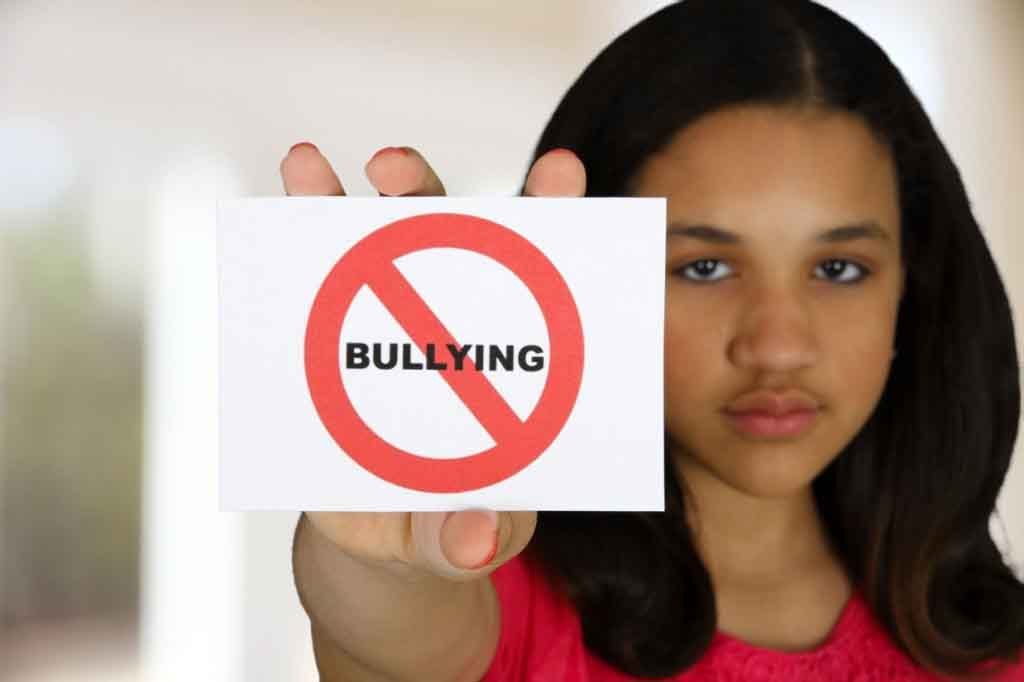High School Hazing Can Be a Sex Crime
High school hazing, depending on who you ask, may be described as a “rite of passage,” a “mostly harmless tradition,” or “just a part of growing up.” In recent years, however, high school hazing has been getting more attention and is now recognized as an act of bullying that sometimes even crosses over into criminal behavior.
The latest hazing incident to make headlines comes from a Sayreville War Memorial High School, a prep school in New Jersey, where seven students on the school’s football team have been charged with sex crimes for their attacks on four students between September 19th and September 29th of this year. Authorities allege that the football players held other teens against their will, touched them in a sexual manner (including an act of sexual penetration), and kicked one of the victims.
According to an Associated Press report released on October 11th, the alleged perpetrators are being held in custody while awaiting a decision to be held in a juvenile detention center or released to their families. In light of the incident, the school’s entire football team has been cancelled, and Penn State has revoked a scholarship offer they had made to one of the football players.
Preventing Hazing Rituals in Schools
 The hazing incident at Sayreville High School is obviously an incredibly serious incident. The hazing victims may experience lasting trauma, and the football players who have been charged with sex crimes may face prison sentences, having to register as sex offenders, probation, and criminal records that will follow them for the rest of their lives. Even if they are not convicted, the fact that they have been arrested on these charges will have a huge impact on their futures, as evidenced by the fact that Penn State has already withdrawn a scholarship offer to one of the students.
The hazing incident at Sayreville High School is obviously an incredibly serious incident. The hazing victims may experience lasting trauma, and the football players who have been charged with sex crimes may face prison sentences, having to register as sex offenders, probation, and criminal records that will follow them for the rest of their lives. Even if they are not convicted, the fact that they have been arrested on these charges will have a huge impact on their futures, as evidenced by the fact that Penn State has already withdrawn a scholarship offer to one of the students.
Obviously no parent, student, or school wants to be caught up in such a grave situation, but hazing can be difficult to police because it often takes place off-campus and in secret. Many students also fail to recognize that the behavior they are engaging in is hazing, or that they are being hazed, because the actions are played off as a “school tradition.” Students are more likely to recognize hazing—and to stop allowing it to happen—if schools clearly define hazing and their hazing policies at the beginning of every year. Parents should also talk to their children about how to recognize and avoid participating in hazing rituals, and encourage them to speak up if they see someone else being hazed.
Parents of students who have been hazed should establish safe, open communication with their child so that he or she feels they can talk about the incident if they want to. Parents may also encourage their child to talk to a professional counselor or health care provider if the teen is experiencing negative psychological effects in the wake of the incident.
Parents of students who have been accused of participating in hazing and who are now facing criminal charges should talk to a qualified defense attorney as soon as possible. As mentioned above, a conviction for a sex crime or other crimes related to hazing will follow a young person for the rest of his or her life and have a dramatic impact on his or her future. Your best chance of having the charges dropped or reduced will come from working with an attorney who has handled this type of case before.
About The Author
Andrew M. Weisberg is a former felony prosecutor who now serves as a defense attorney in the greater Chicago area. He has extensive experience in handling all types of criminal cases, from sex offenses and domestic violence to theft-related crimes and drug crimes.







 Blog Home
Blog Home 










